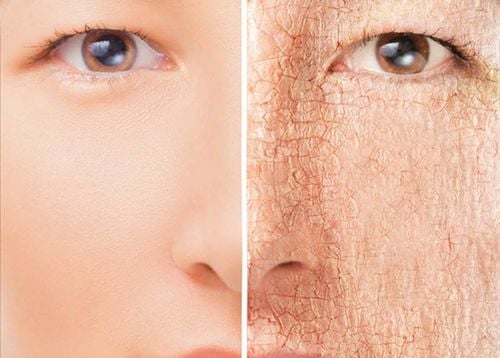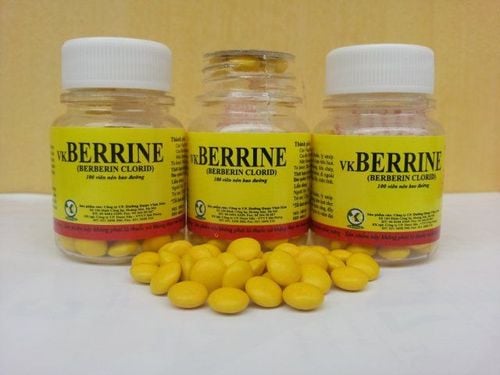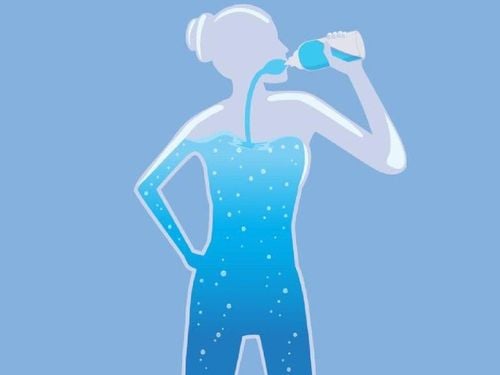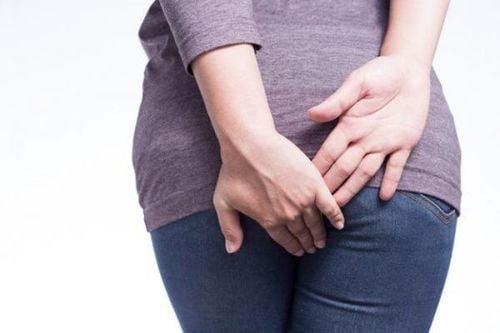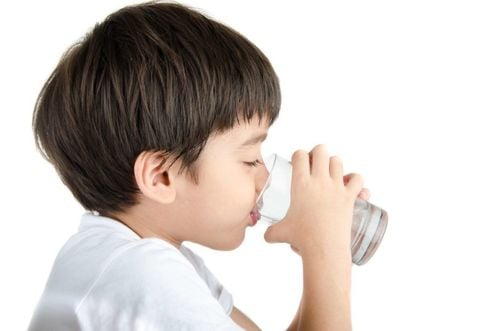This is an automatically translated article.
There is no universal formula for calculating the amount of water consumed per person/day. Water consumption needs depend on many factors, including health status, activity level and where you live. Therefore, based on your needs and nutrition, you can consider the right amount of water for your body.
1. The role of water with the body
Water is the main chemical component of the body. They make up 60-70% of your body weight. In other words, the body can survive thanks to water.
Water has a particularly important role for the body, from cells, tissues, organs, organ systems all need water to function properly, for example:
Wastes are partially eliminated through water. urine and sweat Water maintains a steady body temperature. Protects sensitive tissues and lubricates joints Inadequate hydration or diarrhea or fever can lead to dehydration, fatigue, or other serious complications. In addition, water also helps solve a number of health problems such as:
Constipation: Increasing the amount of water you drink daily can help relieve constipation. Cancer: Some studies have shown that people who have a habit of drinking a lot of water have a lower risk of bladder and colorectal cancer than those who do not have the habit of drinking a lot of water every day. Drinking lots of water helps reduce the risk of kidney stones, bladder stones Drinking lots of water also helps to increase the elasticity of the skin and reduce the risk of acne formation.

Bổ sung đầy đủ nước giúp ngăn ngừa táo bón
2. How much water do you need per day?
Every day, the amount of water in the body is lost through sweat, urine, bowel movements.... This requires us to always replenish water for the body. Daily water intake can come from many sources: From water, beverages and up to 20% of the water we take into the body every day comes from other food sources such as green vegetables, tubers and fruits. ....
The American Academy of Sciences, Engineering and Medicine has made recommendations on the average amount of water needed for the body per day in adults as follows:
For men: Need provide the body with about 3.7 liters of water per day For women: Need to provide the body with about 2.7 liters of water per day However some health experts say that you need to drink water many times throughout the day even when you are not thirsty. This depends on many factors such as:
Physical activities such as working out or playing sports: These are all activities that make the body sweat a lot. Therefore, the amount of water lost is greater than that of people who do not participate in these activities, so of course, the amount of water needed for the body is also increased. Environment: The environment also greatly affects the amount of water you need to provide your body every day. In hot and humid weather, sweat is excreted more, making the amount of water needed to be replenished. Health status of the body: In cases such as diarrhea, vomiting, fever... your body will lose a lot of water and electrolytes. Therefore, it is necessary to continuously add water, preferably oresol solution to replace the lost water and electrolytes. Pregnant or lactating women: Many studies have shown that women who are pregnant or breastfeeding need more water than others.

Phụ nữ mang thai cần cung cấp lượng nước nhiều hơn so với những người khác.
3. The path of water in the body
The biggest difference between absorbing nutrients from food and drinking water is that food needs to be digested and water is absorbed directly into the body.
The journey of water to the cells takes a rather long time, starting with the mouth. If you keep drinking until your cells are fully hydrated, you will drink more than your body needs. So how does the body realize it is sufficiently hydrated? The answer lies in the communication between our brains and our mouths. After a few sips of water you drink, the brain will send out a signal to notify us that it has received enough water to notify us when it is appropriate to stop drinking. Water then continues to flow through the esophagus and begins to be absorbed from here.
After passing through the esophagus, water is brought down to the stomach. The amount of water absorbed in the stomach depends on the amount of food you have put in it. This means that water will be absorbed in the stomach faster if you are hungry and slower when you are full. Even if the amount of food in the stomach is too much, the process of absorbing water here can take up to several hours.
After being absorbed in the stomach, water continues to be absorbed directly through the cell membranes and blood vessels in the small intestine. From here water will be supplied to every cell in the body to help them carry out their functions.
However, the small intestine is not the final site of water absorption, but the large intestine. The large intestine is the most important organ in the process of water reabsorption. With a tight structure, the large intestine minimizes the loss of water and electrolytes out.
Journey of water in the kidney: The main job of the kidneys is to filter out harmful substances in the water. The filtering of this toxin is most effective when the kidneys are supplied with a large enough amount of water, otherwise the kidneys will encounter some problems such as nephritis, kidney stones.... However, you can completely know. If you have provided enough water for your kidneys, your urine will turn yellow.
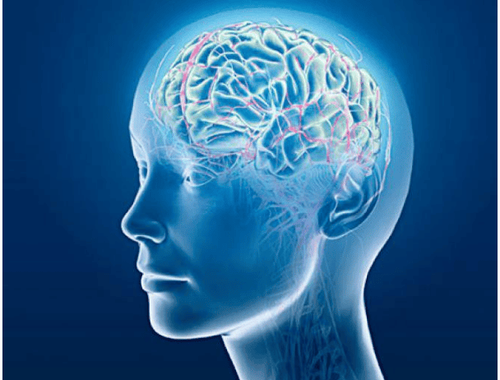
Não bộ cũng cần cung cấp đủ nước cho các tế bào thần kinh
The brain also needs an adequate amount of water for nerve cells to function properly. Many studies have shown that if you do not drink enough water, you can have memory loss or impaired vision.
In addition, all cells in the body also need water to be able to perform their functions. Therefore, you always need to provide enough water to ensure your body is healthy.
Water is the most important ingredient for human life. There isn't any scale or calculation that tells us exactly how much water we really need each day, but experts all recommend getting into the habit of drinking water several times a day even when you're not. thirsty. This habit will help the body always have enough water needed to help the organs in the body perform the most stable and effective functions.
References: mayoclinic.org, healthline.com, theberkey.com
SEE MORE
5 secrets of daily drinking water Why drink warm lemon water in the morning? Do not arbitrarily give your child Oresol electrolyte replacement water




